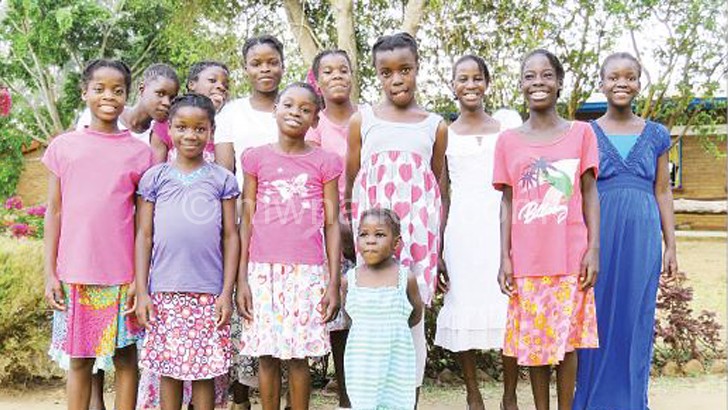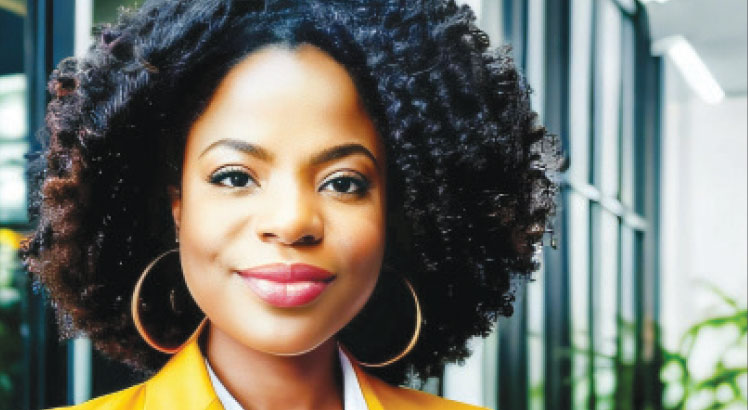Annie chikhwaza: founder of kondanani orphanage
Who is Annie Chikhwaza?
I was brought up in a poor family in a small village in the north of The Netherlands in a province called Friesland, where they speak a different language. I could not speak Dutch until I finished my primary school. After high school, I went into nursing at a mental hospital in a town called Amersfoort. My father worked hard in the garden to make sure there was always enough food for the family, although it meant eating meat on Sundays only. My mother would sit sewing till late at night to make new clothes out of old ones. She would cry when the mon ey was finished, but we did not know that. We played with whatever we had.
ey was finished, but we did not know that. We played with whatever we had.
For how long did you live in The Netherlands
I left the Netherlands at the age of 21 to get married in the UK. Eleven days later, we sailed to South Africa after the wedding with the man who later became the father of my four children. Unfortunately, we were divorced in 1983. Ten years later, I married Reverend Lewis Chikhwaza from Malawi. He was an amazing man of God who proved to be a great husband, loving and kind. He went to be with the Lord in 2006. Together we started Kondanani Children’s Village in 1997, which has been a source of great joy and sometimes frustration.
How are the children identified?
The majority of our children have come through the social welfare offices. We are an indigenousness non-governmental organisation (NGO) registered under the laws of Malawi.
How was Mercy James identified for adoption?
Me and my assistant identified her because she was never visited by any relation. Quite a few children from Kondanani have gone to various countries in the world. It happened that Madonna came after we had just identified Mercy. it could really have been any other child.

What is a day like at the orphanage?
It is quite busy for each child. On average they get up around 6.30am, have a bath and devotions before breakfast at 7.15am. School starts at 8am for primary and high school. Morning break is at 10am while lunch is at noon, and school resumes at 1pm. The little ones go to our nursery school. After break, there are activities such as guitar and piano practices, horse riding, extra homework, darts, table tennis and football. Naughty children are punished later in the day. High school students have extra home work after dinner at 5pm.
Caring for 170 children must be a hell of a job?
I am not alone in this. As I told you, this is like a village. We have houses, a pig farm and a crop farm, which are way too big for one person. We have employed 125 workers to assist us in our day to day lives. Currently, we have six missionaries from different countries helping us.
How are children’s religious beliefs maintained?
They have devotions at 7pm every evening. They have all come as babies and are taught biblical principles. The teaching system we use is called Accelerated Christian Education (ACE) and it brings Christian principles in the curriculum.
What is the orphanage’s main objective?
I would summarise my objective and mission statement as follows: When the children are grown up, I want to hear them say: Mummy, we had a happy childhood, had a good education, knew Jesus Christ as Lord and Saviour, and I will pass on what I have learned in my years at Kondanani. Their lives will have a rippling effect on more and that rippling effect will continue in the lives of their children.
What has been your greatest moment at the orphanage?
Seeing the children happy and becoming giants of faith. I am interested in one thing only, which is the outcome of their lives.
How do you describe Kondanani Children’s Village?
It is a home for the orphaned young. It is a place of hope and life; a place where a child can find love, care and a new family; a place that cultivates a sense of belonging and security for each child—giving them the opportunity for a fresh start and the hope of a better future.
Who do the children come from?
Al though we are based here in Thyolo, we receive children from as far as Mzuzu, Ntcheu and Mangochi—almost everywhere in Malawi.
After being at Kondanani, what next for the children?
As I told you already, these children come here while young. We educate them to ensure that they are independent—that they can take care of themselves from here. Most of the children who have left this place were either adopted or were employed elsewhere. Otherwise, those who are still with us will be here until they finish school and get employed.
What keeps you busy in your time?
I spend most of my free time playing with the children. I also like reading a lot when I am free. n





